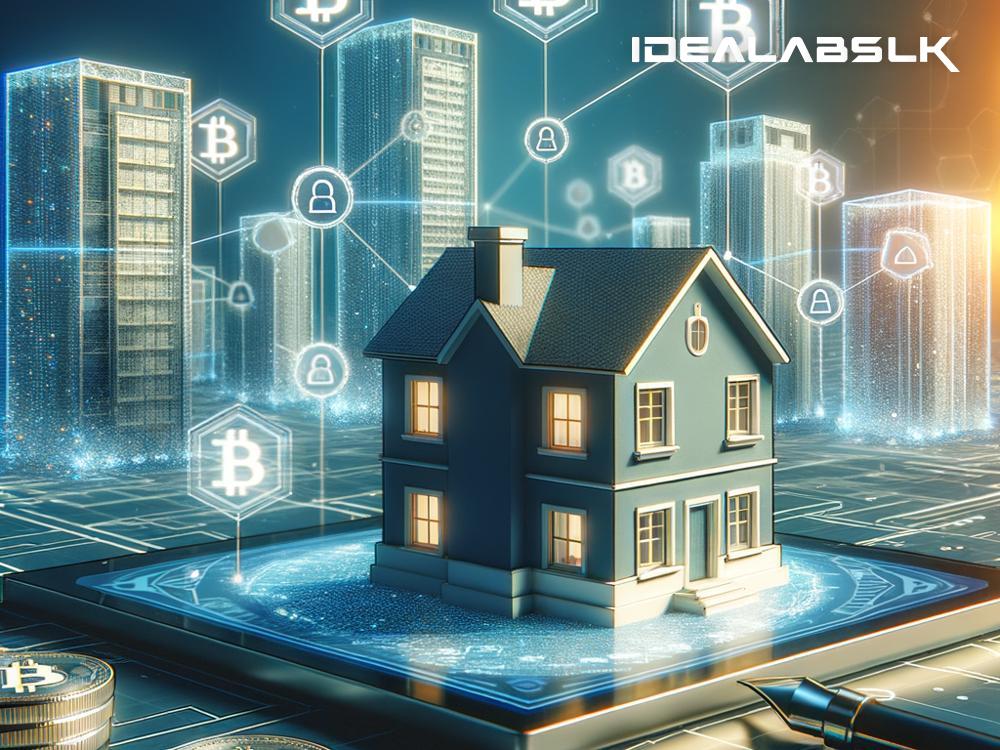The Future of House Hunting: Blockchain's Role in Decentralized Real Estate Listings
In the fast-paced world of house hunting and real estate transactions, the process of buying and selling properties is ripe for innovation. The traditional methods, while trustworthy, often involve a series of middlemen, extensive paperwork, and a lack of transparency that could frustrate any eager homebuyer or seller. Enter blockchain technology, a game-changing solution poised to revolutionize the real estate market by facilitating decentralized real estate listings. But what does this really mean, and how can it benefit the average person looking to buy or sell a home? Let's break it down in simple English.
Understanding Blockchain
Before diving into the world of decentralized real estate, it's crucial to grasp what blockchain is. At its core, blockchain is a system of recording information in a way that makes it difficult or nearly impossible to change, cheat, or hack. Imagine it as a digital ledger of transactions that is duplicated and distributed across the entire network of computer systems on the blockchain. Each block in the chain contains a number of transactions, and every time a new transaction occurs, a record of that transaction is added to every participant's ledger.
The Shift to Decentralized Real Estate Listings
Traditionally, real estate listings are centralized, meaning they are controlled and managed by specific organizations or platforms, like real estate agencies or online property listing websites. This centralized approach can lead to issues such as data manipulation, lack of transparency, and high fees charged by middlemen.
Decentralized real estate listings, powered by blockchain, aim to put control back in the hands of buyers and sellers. This approach involves creating a distributed ledger where property listings are stored and shared across a network without a central authority. Each transaction, such as the sale of a property, is recorded on the blockchain, ensuring transparency, security, and immutability.
Benefits of Blockchain in Real Estate Listings
1. Transparency and Trust
Blockchain provides a transparent transaction history, allowing all parties to see the records of a property, including previous sales prices, and any disputes or issues. This level of transparency builds trust among buyers, sellers, and agents.
2. Reduced Costs
The decentralized nature of blockchain removes the need for many of the middlemen (like agents and lawyers) traditionally involved in the sale of a property, potentially reducing fees and commissions.
3. Efficiency and Speed
With smart contracts—self-executing contracts with the terms of the agreement between buyer and seller directly written into code—blockchain can automate and speed up the process of property transactions, reducing the cumbersome paperwork and saving time.
4. Security
The immutable and encrypted nature of blockchain makes it nearly impossible to forge or alter documents, providing a higher level of security against fraud in the property market.
Challenges and Considerations
Despite its benefits, implementing blockchain in real estate is not without challenges. Regulatory issues, the digital divide, and the need for widespread adoption are significant hurdles to overcome. Furthermore, the technical complexity and the need for substantial investment in infrastructure could slow down its immediate adoption.
The Future Landscape
While blockchain technology in real estate is still in its infancy, its potential to transform the industry is undeniable. Several startups and enterprises are already experimenting with blockchain for property listings, sales, and leasing processes. As technology evolves and adoption grows, we could see a more efficient, transparent, and user-friendly real estate market.
In Conclusion
The integration of blockchain technology into real estate listings represents an exciting shift towards a more decentralized, transparent, and efficient property market. By reducing dependency on middlemen and facilitating direct transactions between buyers and sellers, blockchain has the potential to streamline the buying and selling process, reduce costs, and enhance security. While there are challenges ahead, the forward momentum of this technology could very well redefine our approach to real estate transactions in the years to come.

